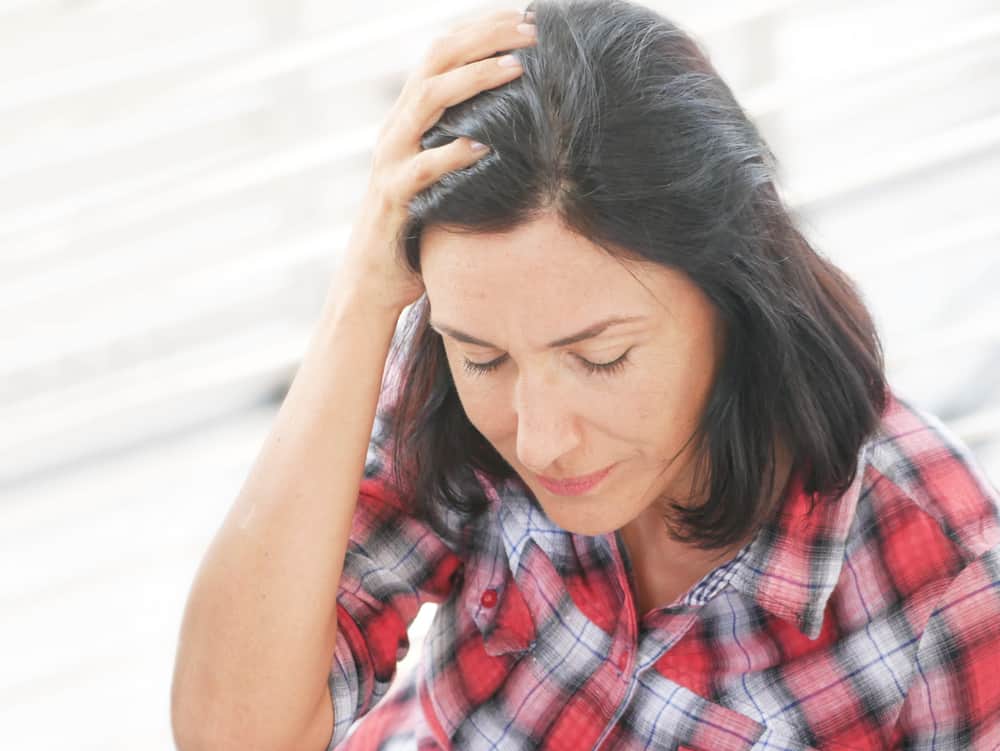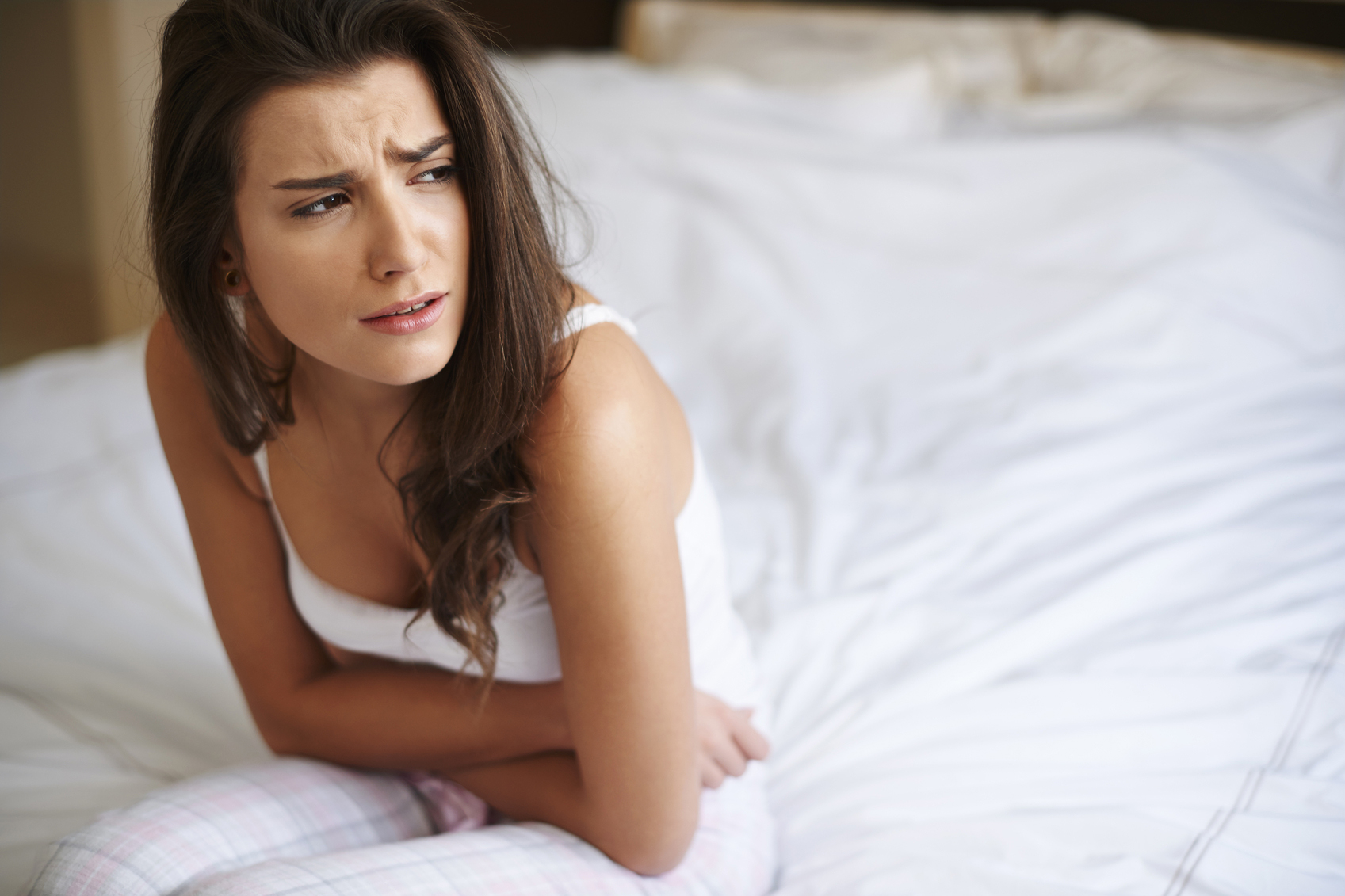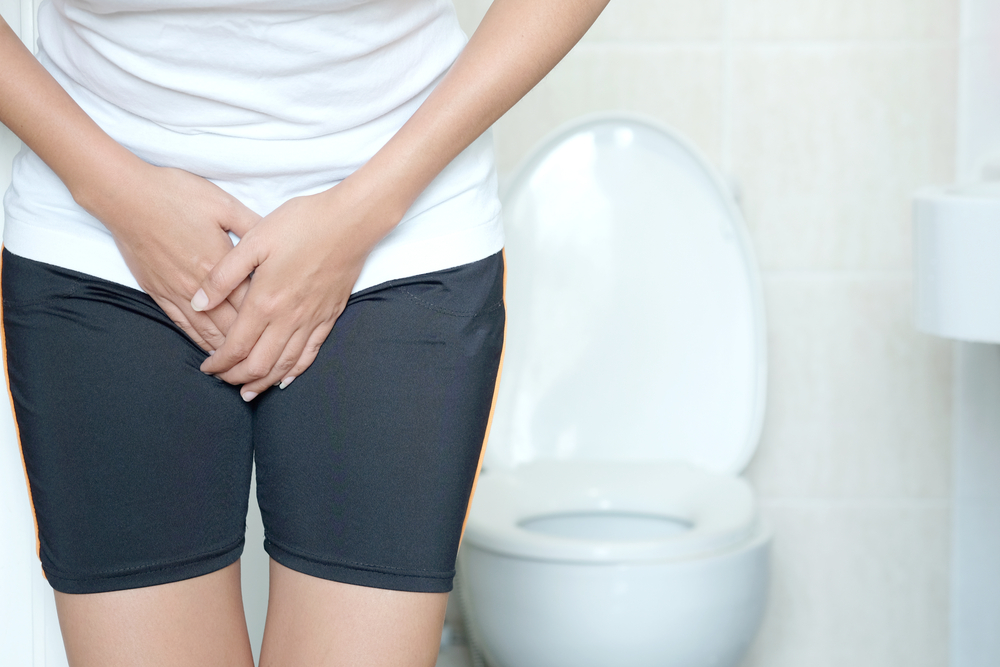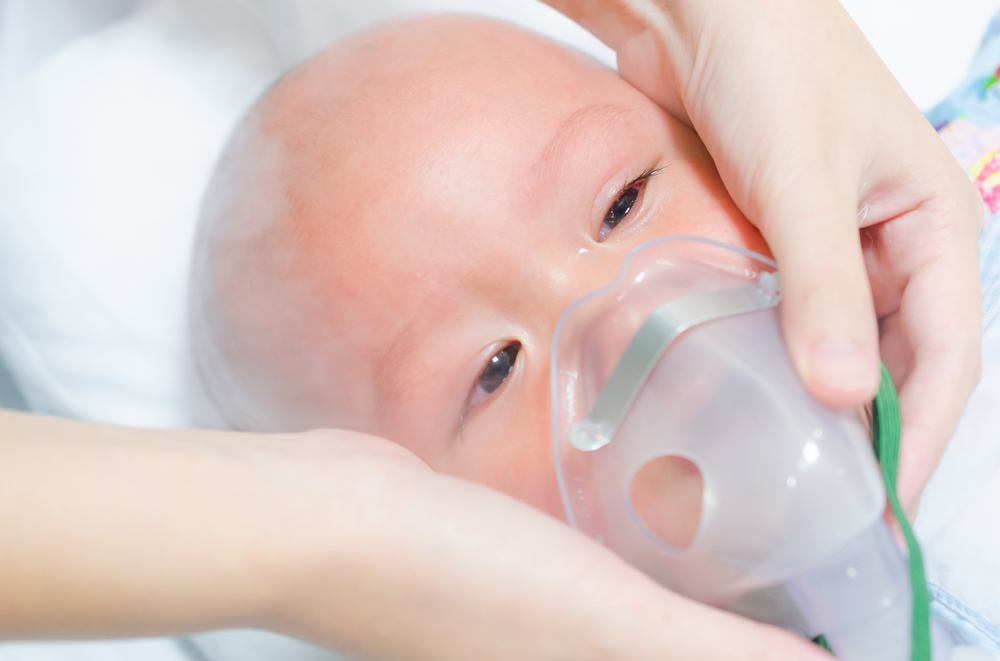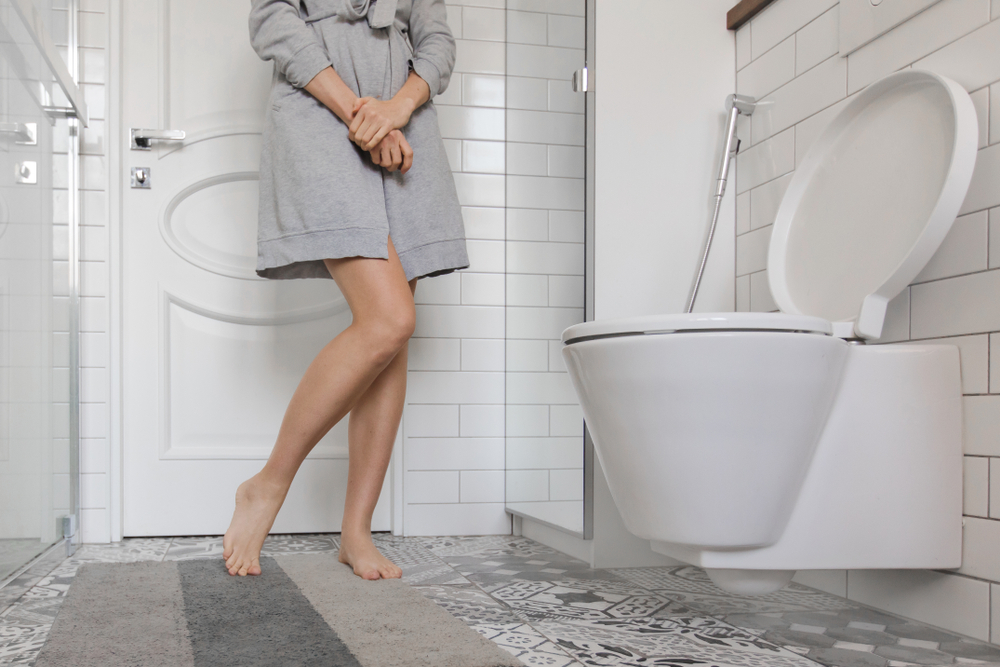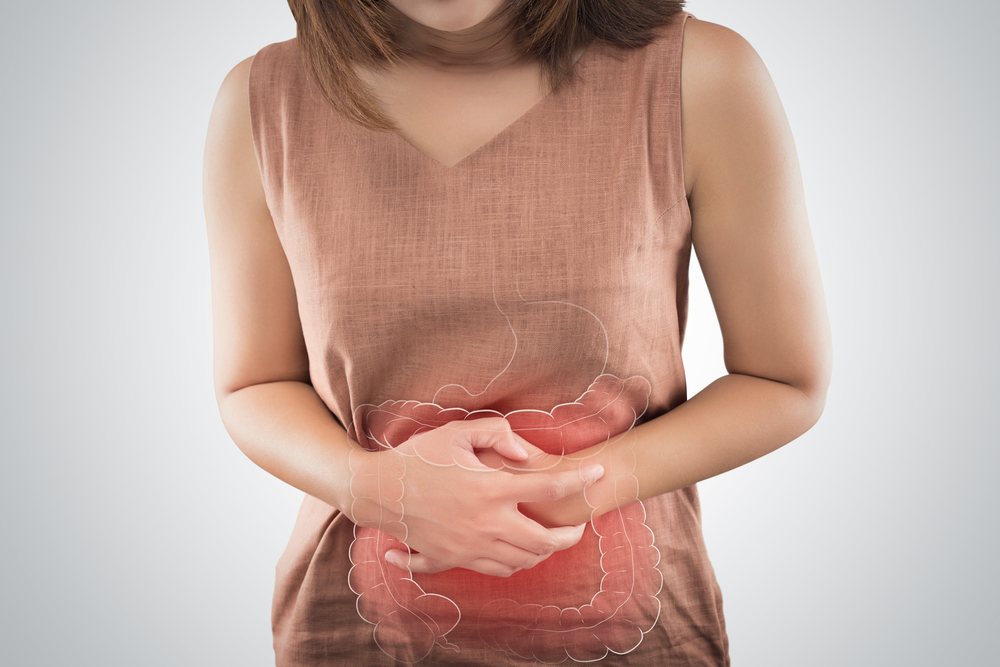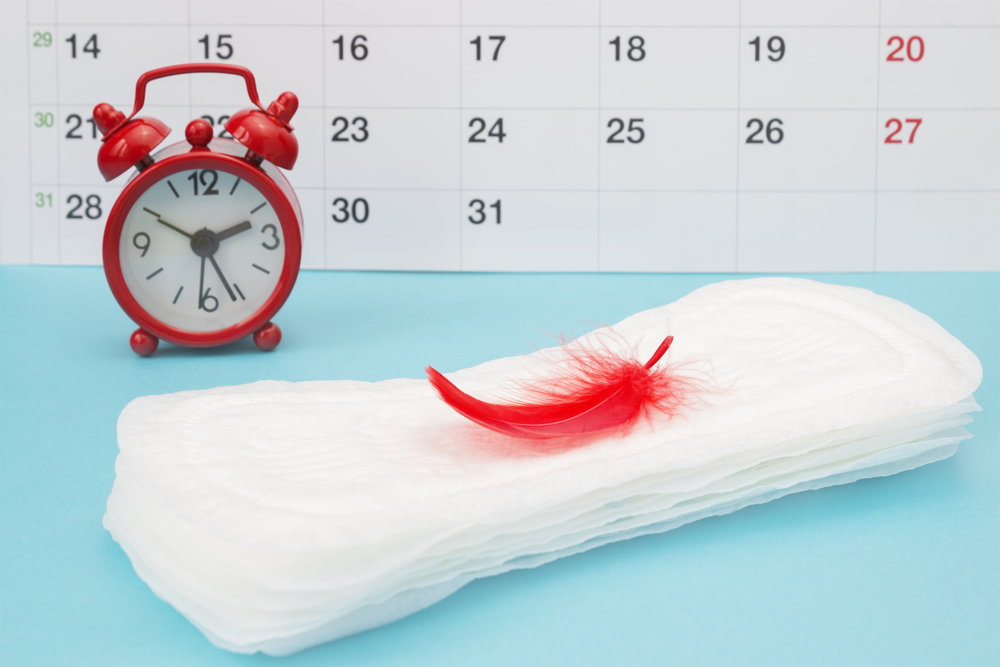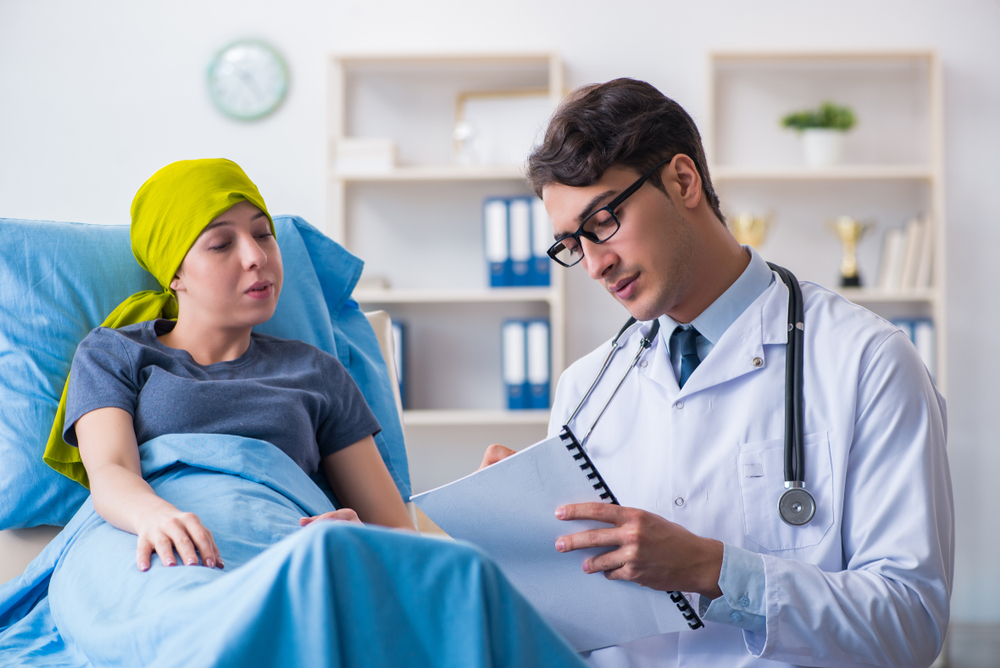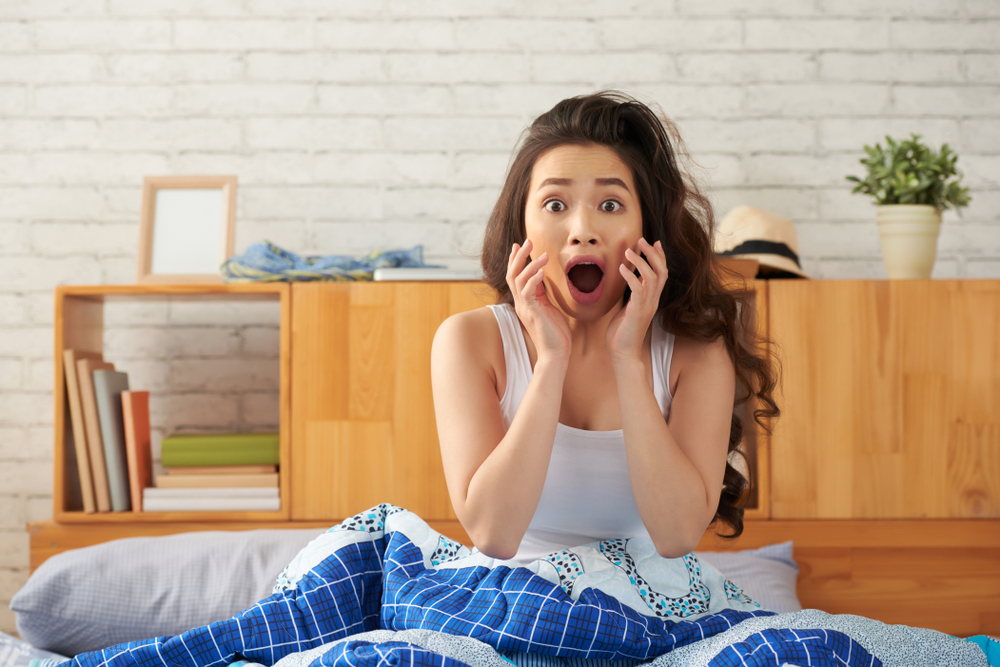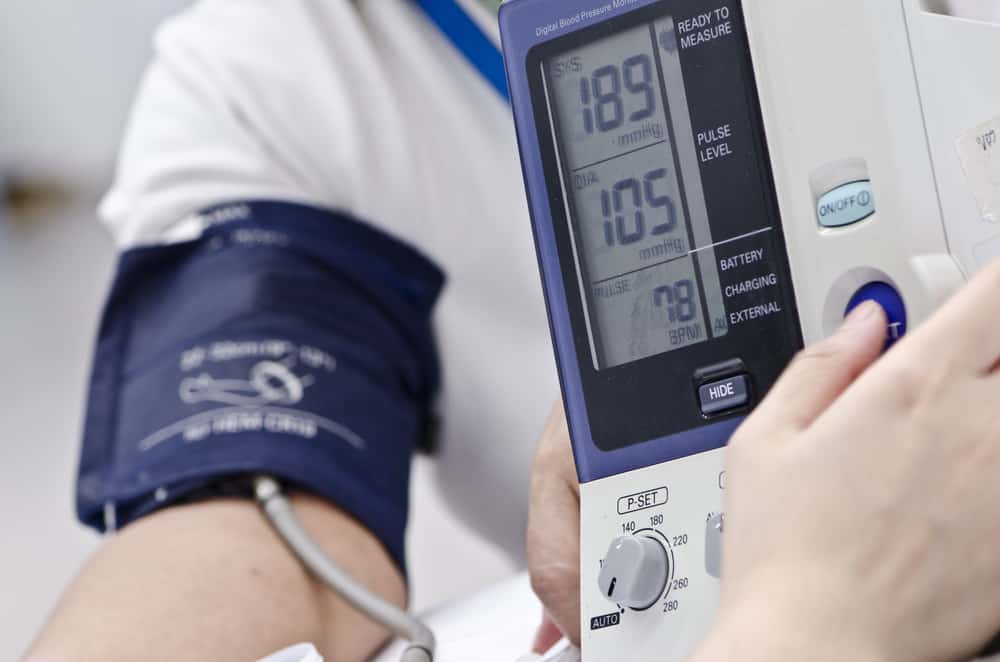Contents:
- Medical Video: YOUR PERIOD, hormones & mental health!
- Get to know STDs (premenstrual syndrome)
- Is it true that PMS symptoms as adults feel worse?
- Using contraception can relieve PMS symptoms
Medical Video: YOUR PERIOD, hormones & mental health!
Menstruation often feels very troubling because many women have to face PMS (premenstrual syndrome). Symptoms include stomach cramps, changesmood, or an unbearable headache before her menstrual period. Well, many claim that PMS symptoms actually feel more severe as we age. In fact, when I was a teenager, PMS was not very felt, or even not experienced at all. How come that is so?
Get to know STDs (premenstrual syndrome)
PMS is a term related to physical and emotional symptoms experienced by many women, both adults and adolescents, before their menstrual period each month. PMS is usually experienced 1-2 weeks before the menstrual period, and usually disappears on its own after menstruation begins.
If you have PMS, you will become angry and offended faster; dizziness or fainting; fast-changing mood; headache; pain in the breast; breast swelling; losing sexual attraction; constipation or diarrhea; swelling of the ankles, hands and face; and pimples appear.
While the symptoms that are behavioral changes include depression, stress, anxiety, easy crying, and difficulty concentrating. Other physical symptoms also include swelling around the abdomen and fatigue. PMS symptoms are sometimes mild and undetectable, but sometimes there are also severe and very obvious.
The exact cause of PMS is unknown, but changes in hormone levels in the body play a role in the occurrence of PMS. Before menstruation, the amount of female sex hormones namely estrogen and progesterone will increase. Some substances in the body such as prostaglandin may also cause PMS. Shortly before the menstrual period begins, the levels of both hormones start to decline dramatically. This hormonal change is the root of PMS.
Is it true that PMS symptoms as adults feel worse?
Although PMS symptoms can occur at any age, this condition can get worse when you reach the age of 30s or 40s. When approaching menopause and being in the transition to menopause (perimenopause), PMS symptoms can also get worse. This is especially true for women who are moodit is very sensitive to changes in hormone levels during the menstrual cycle.
During the menopause, your hormone levels also fluctuate unexpectedly and your body slowly moves to menopause. PMS will stop after you no longer get menstruation or at menopause.
Using contraception can relieve PMS symptoms
Women who take birth control pills may feel that when they were young they did not feel PMS symptoms at all or many also ignored it. So when they no longer take birth control pills, PMS symptoms just appear and may feel worse. Is there a connection with birth control pills?
Birth control pills function to prevent pregnancy by changing the menstrual cycle. The ingredients in the pill are hormones that can stop ovulation. This ovulation process causes many women to experience pain and discomfort during menstruation which is a symptom of PMS.
When you stop taking birth control pills, the cycle in your body will return to normal. Birth control pills help the body to cope with hormonal changes that cause you to feel depressed, anxious, and irritable when you approach menstruation.
Therefore, after you do not take the birth control pill again, PMS symptoms reappear. Actually, maybe this symptom already exists before, but it can subside or be hidden because you are taking birth control pills. Birth control pills work with different periods of time, the dosage used also varies depending on the product used.

